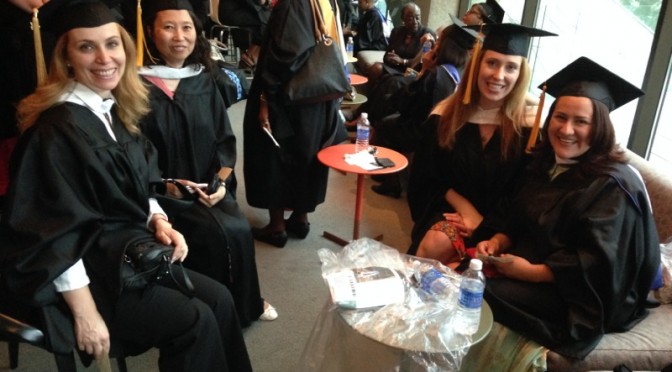Founded in 1975, Urban Pathways provides homeless New Yorkers with the services and assistance necessary to become stable, develop their ability to live independently and move into housing, ultimately benefiting from the pride and security that comes with having a home. We are currently seeking a Program Analyst.
Under the supervision of the Deputy Executive Directors, the Program Analyst performs, coordinates and oversees technical and administrative duties, designs, prepares and generates required internal and external reports in accordance with UP and oversight agency policies, procedures and regulations, including monthly HUD, LOS, TAD, and Robin Hood reports. Analyzes data, and formulates recommendations for assembling, revising, retaining and presenting material, in accordance with funder and oversight agency regulations and standards. Responsible for project management, including independent research and recommendations, andworks closely with the Executive Assistant and may supervise clerical and other support staff, as well as perform other duties as assigned.
QUALIFICATIONS:
- BA required.
- Notary Public
- 1 to 3 years related experience
- Excellent calendar management skills, including the coordination of complex executive meetings
- Strong knowledge of MS Office, including Word, Excel, PowerPoint and Outlook
- Ability to learn new computer programs (i.e., Awards, CAIRS, TAD, Adobe 9.0 pro)
- Ability to type at least 50 words per minute
- Good writing, analytical and problem-solving skills
- Ability to communicate effectively
- Good interpersonal skills
- Ability to work independently and as part of a team
TO APPLY: Send resume and cover letter in word format tohr@urbanpathways.org. Use Program Analyst in Subject Line. Due to large volume of resumes, only qualified candidates will be contacted for interviewing.





